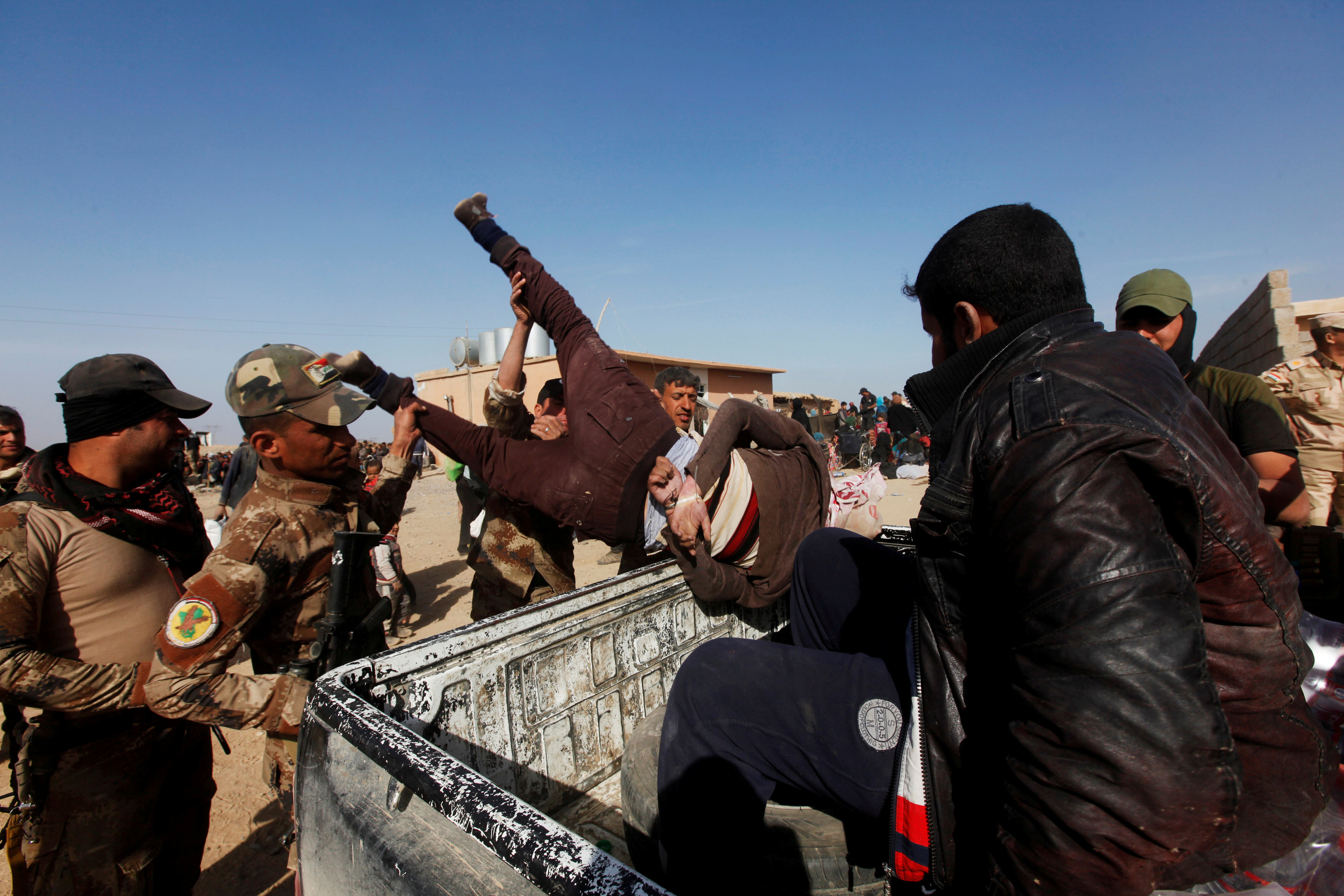
By Ece Toksabay and Lisa Barrington
ANKARA/BEIRUT (Reuters) – President Tayyip Erdogan said on Friday Turkish forces would sweep Kurdish fighters from the Syrian border and could push all the way east to the frontier with Iraq — a move which risks a possible confrontation with U.S. forces allied to the Kurds.
The Turkish offensive in northwest Syria’s Afrin region against the Kurdish YPG militia has opened a new front in the multi-sided Syrian civil war but has strained ties with NATO ally Washington.
Turkey considers the YPG a terrorist group but the militia has played a prominent role in U.S.-led efforts to combat the hardline Islamic State in Syria.
Since the start of the incursion, dubbed “Operation Olive Branch” by Ankara, Erdogan has said Turkish forces would push east towards the town of Manbij, potentially putting them in confrontation with U.S. troops deployed there.
“Operation Olive Branch will continue until it reaches its goals. We will rid Manbij of terrorists, as it was promised to us, and our battles will continue until no terrorist is left until our border with Iraq,” Erdogan said in a speech in Ankara.
Any drive by Turkish forces toward Manbij, part of Kurdish-held territory some 100 km (60 miles) east of Afrin, could threaten U.S. efforts in northern Syria.
The United States has about 2,000 troops in Syria, officially as part of the international, U.S.-led coalition against Islamic State.
U.S. forces were deployed in and around Manbij to deter Turkish and U.S.-backed rebels from attacking each other and have also carried out training missions in the area.
Washington has angered Ankara by providing arms, training and air support to the Syrian Kurdish forces. Turkey sees the YPG as an extension of the outlawed Kurdistan Workers Party (PKK), which has waged a deadly insurgency in Turkey’s largely Kurdish southeast for three decades.
“How can a strategic partner do this to its partner?” Erdogan said, referring to the United States. “If we will wage a battle against terror together, we will either do this together or we will take care of ourselves.”
HUMAN TOLL
Although the campaign is now in its seventh day, Turkish soldiers and their Free Syrian Army rebel allies appear to have made limited gains, held back by poor weather that has limited air support.
Three Turkish soldiers and 11 of their Syrian rebel allies have been killed in clashes so far, Turkey’s health minister said on Friday. A further 130 people were wounded, he said, without saying if they were civilians or combatants.
Turkey said it had killed at least 343 militants since the operation started. The Kurdish-led forces have said Turkey was exaggerating the number it had killed.
The U.S.-backed Syrian Democratic Forces (SDF), an alliance spearheaded by the Kurdish YPG, said 308 fighters from the Turkish side had been killed in the first week of the incursion.
Forty-three SDF fighters had died, including eight women, the SDF said. In addition, 134 civilians had been wounded and 59 killed, it said.
The Syrian Observatory for Human Rights, a British-based monitoring group, said at least 38 civilians have been killed since the start of the operation, two of them by SDF shelling.
Seven members of one family died and one was injured when a house collapsed under Turkish shelling in the early hours of Friday in the town of Maatala in Afrin region, the head of the Kurdish Red Crescent in Afrin, Nuri Sheikh Qanbar, said.
U.S. POLICY RETHINK?
Military action by Turkey against the Kurdish fighters should prompt Washington to rethink its policy and address Turkish security concerns, President Tayyip Erdogan’s chief diplomacy adviser said.
“The moment Turkey starts using its military power instead of soft power in the region, however sour ties are at that moment, it encourages Washington to stop and think,” Gulnur Aybet told Reuters in an interview.
“I believe the U.S. will put forward some truly satisfying alternative solutions to ease Turkey’s security concerns,” she said.
While Aybet did not elaborate on what such measures could include, she said they would follow on from a recent U.S. proposal to establish a “safe zone” in northern Syria.
Turkey has said the United States has offered to work on a 30 km (19 mile) safe zone, but it says trust between the NATO allies must be restored for such a proposal to be considered.
Aybet said Turkey was aware that a confrontation on the ground in Manbij carried risks of pushing ties to a breaking point.
“Everyone is aware of that risk. We hope that the Americans are aware, too,” she said.
The Kurdish-led autonomous administration that runs Afrin on Thursday called on the Syrian government to defend its border with Turkey in Afrin despite Damascus’ stance against Kurdish autonomy.
The Syrian government has said it is ready to target Turkish warplanes in its airspace, but has not intervened so far. It suspects the Kurds of wanting independence in the long-run.
(Additional reporting by Ali Kucukgocmen in Istanbul; Tuvan Gumrukcu and Tulay Karadeniz in Ankara; Writing by David Dolan; Editing by Angus MacSwan)



















